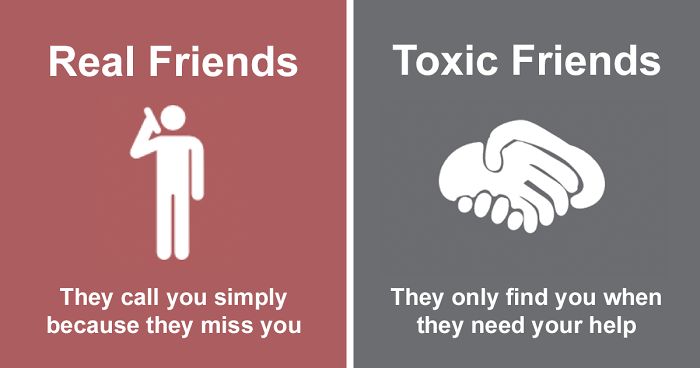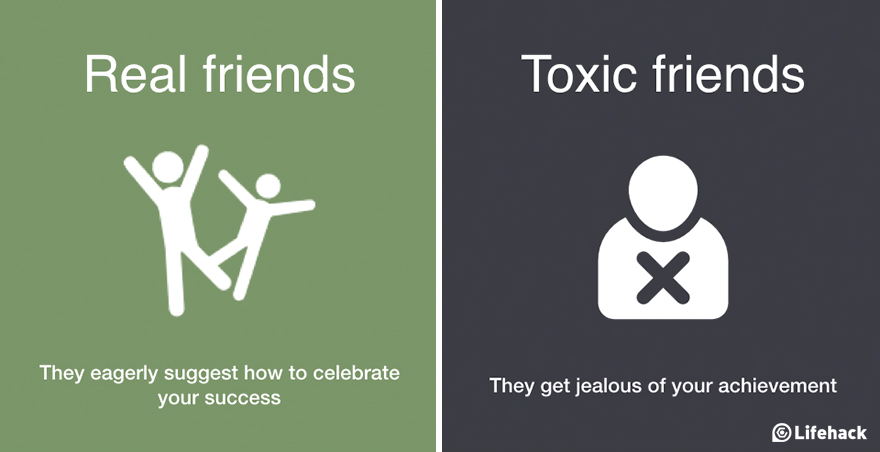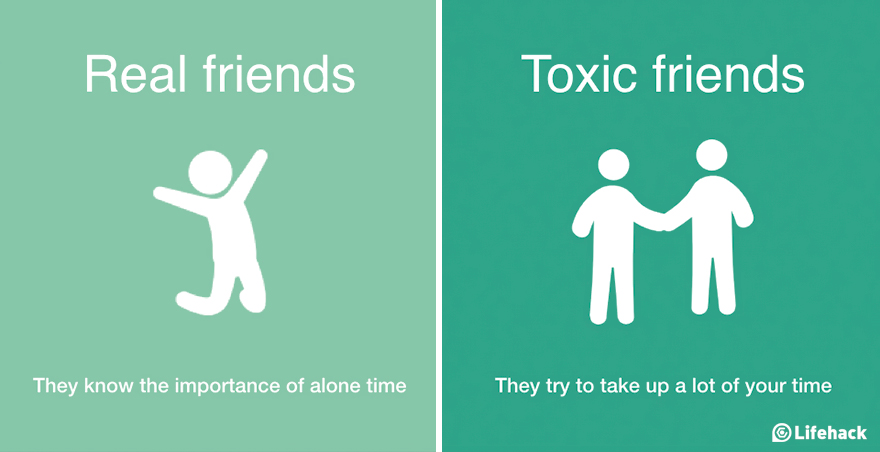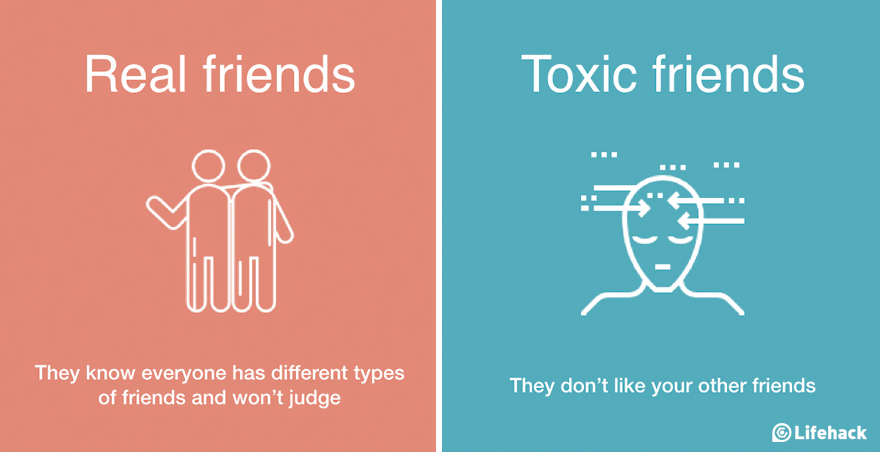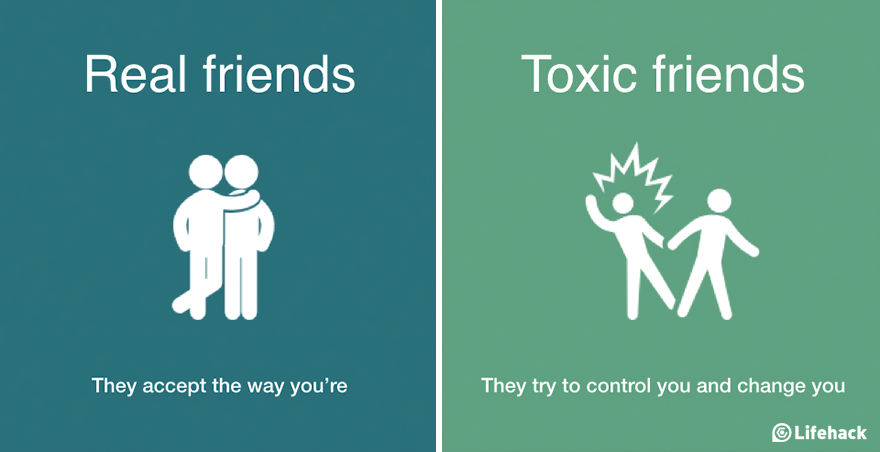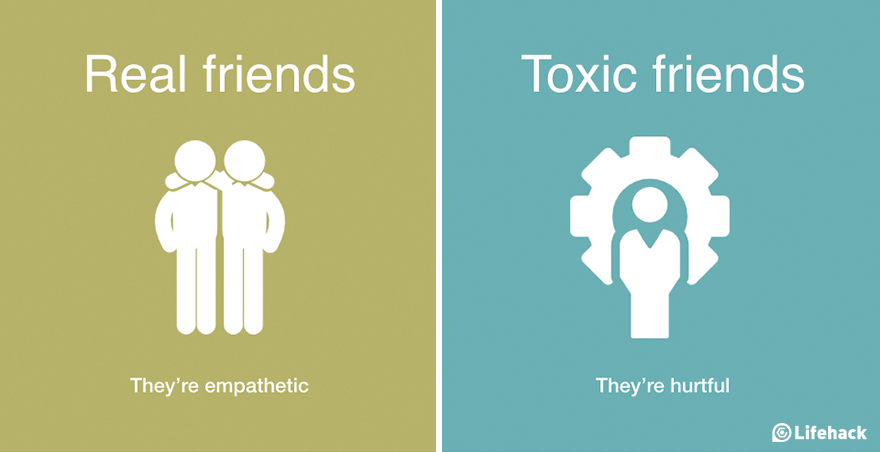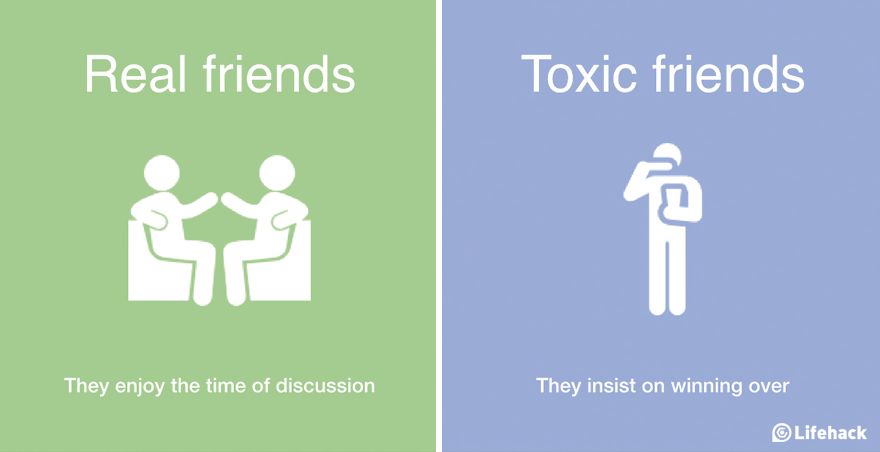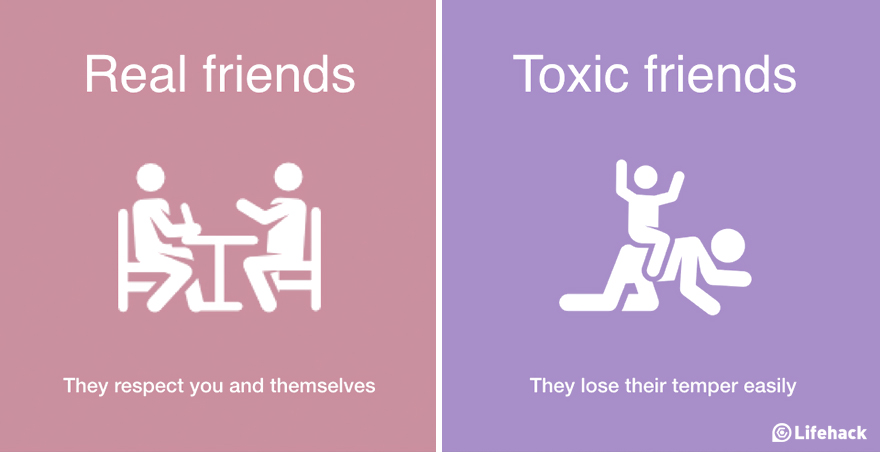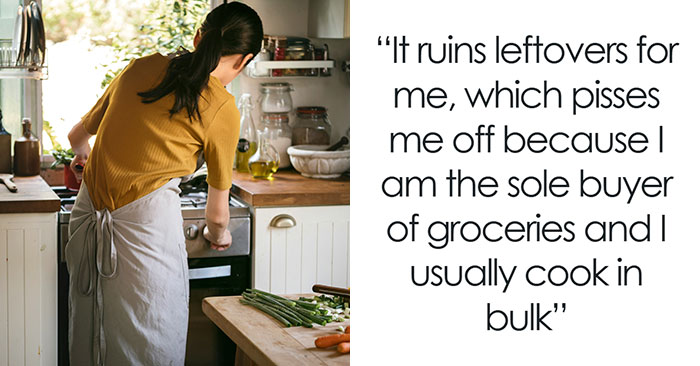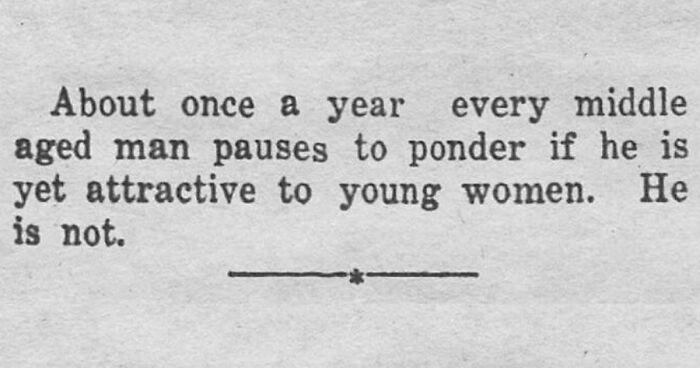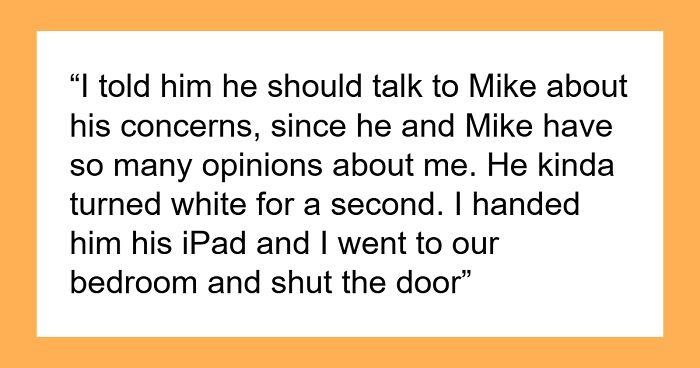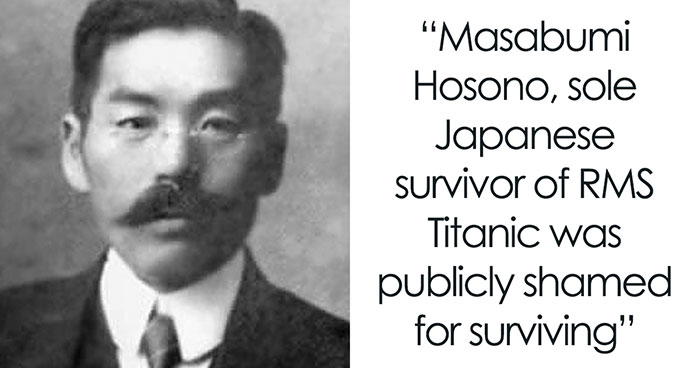Friends are always there when you need them. They support you, they encourage you, and they only want the best for you in life. But there's another type of friend that isn't actually a friend at all. They aren't always easy to recognize but these handy infographics will show you how to spot them.
They come from a website called Life Hack and they helpfully explain how to differentiate between a real friend and a "toxic" friend. These pseudo-buddies are only pretending to be your friend so they can somehow benefit from the arrangement. They use you when they need you but they're never available when you need them, they get jealous of your achievements, they don't respect your personal space and...well...they're basically just assholes in disguise. Scroll down to see how you can identify these impostors.
More info: Life Hack (h/t: designtaxi)
This post may include affiliate links.
I like the way that you have clearly stated what is the difference between genuine and toxic friends
Not always true. Some people have a lot to deal with in life, and may not have the physical or emotional energy for "just thinking of you" calls
Well said, Hans. I've always appreciated the friends who care enough to say something I needed but didn't want to hear.
What I see is toxic friends want to play horsey. I might be ok with that.
So..."pseudo-buddies"? I am sorry, but this series is pseudo-wisdom. All of that is either self-evident or too generic to be helpful. Usually the hard-part is to actually differentiate or learn how someone's real face looks like. Besides, most of these pictures tell you to expect tolerance from your friends. This is a good approach, but tolerance comes with tolerance...and some of these "toxic" friends here might not be so bad after all but simply expose non-standard behaviour that does not mean any bad.
Yes...I agree. Human relationships are too complex to fit into neat 'one-liner' rules like this
Load More Replies...So..."pseudo-buddies"? I am sorry, but this series is pseudo-wisdom. All of that is either self-evident or too generic to be helpful. Usually the hard-part is to actually differentiate or learn how someone's real face looks like. Besides, most of these pictures tell you to expect tolerance from your friends. This is a good approach, but tolerance comes with tolerance...and some of these "toxic" friends here might not be so bad after all but simply expose non-standard behaviour that does not mean any bad.
Yes...I agree. Human relationships are too complex to fit into neat 'one-liner' rules like this
Load More Replies...
 Dark Mode
Dark Mode 

 No fees, cancel anytime
No fees, cancel anytime 






